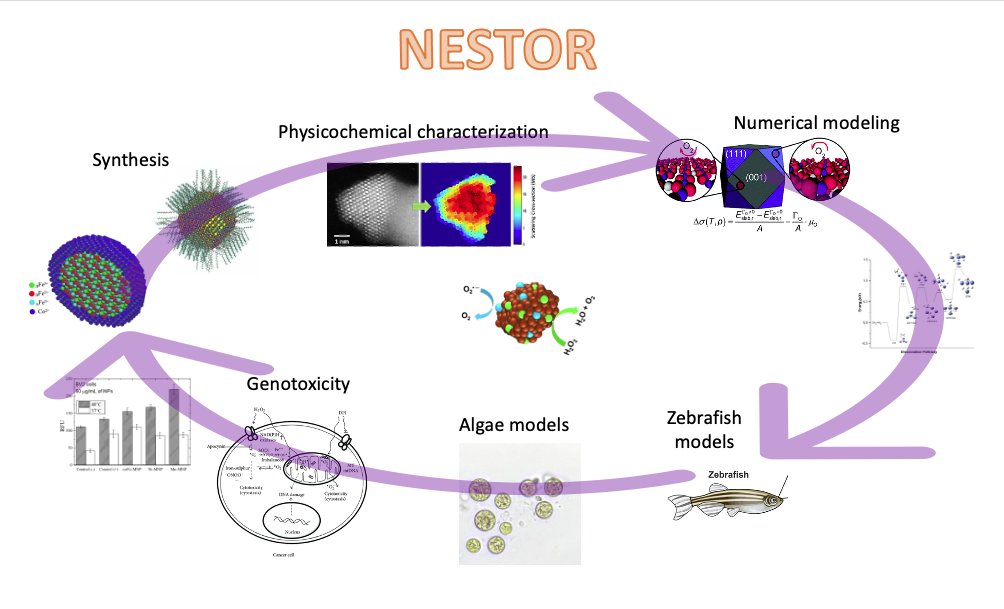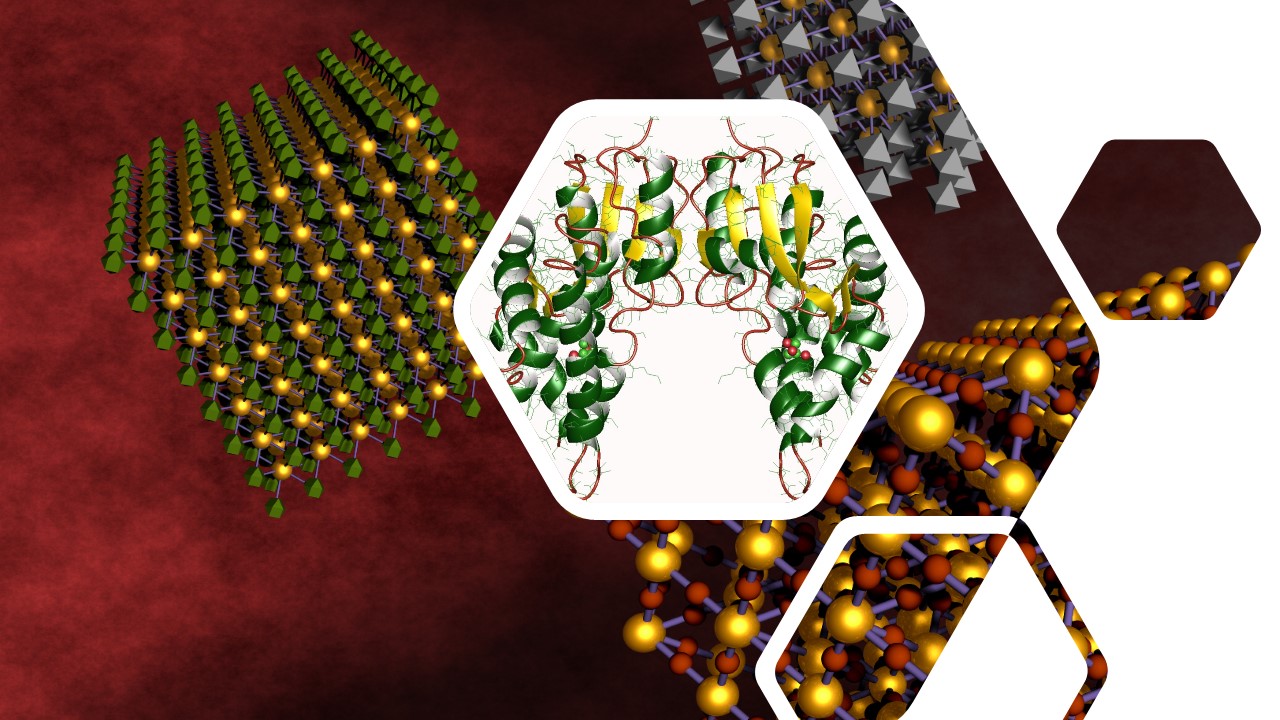Title: “Nanomaterials for Enzymatic Control of Oxidative Stress Toxicity and Free Radical Generation”.

New class of nanozymes with improved catalytic performance
Recent advances in nanotechnology have opened up a variety of applications in biotechnology and healthcare. Progress in the biocatalysis field relies on developing nanozymes – artificial enzymes with highly effective enzyme-like properties – with better catalytic performance. The challenge is to enhance enzymatic robustness and stability while retaining inherent aspects of enzymes such as high specificity and low toxicity. Funded by the Marie Skłodowska-Curie Actions programme, the NESTOR project plans to synthesise single-atom nanozymes based on versatile iron-oxide materials. Theoretical modelling should allow scientists to investigate the microscopic mechanisms of the enzyme-like active sites. Ultimately, the project will assess the toxicological impact of the newly synthesised nanozymes.
Fields of science
engineering and technologynanotechnology
Programme(s)
H2020-EU.1.3.3. – Stimulating innovation by means of cross-fertilisation of knowledge
Topic(s)
MSCA-RISE-2020 – Research and Innovation Staff Exchange
Call for proposal
H2020-MSCA-RISE-2020
Funding Scheme
MSCA-RISE – Marie Skłodowska-Curie Research and Innovation Staff Exchange (RISE)

